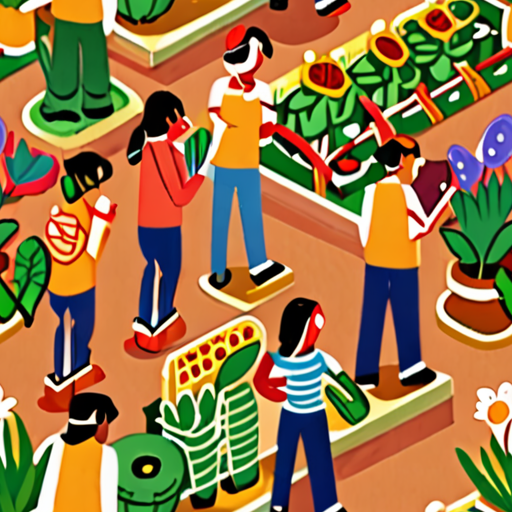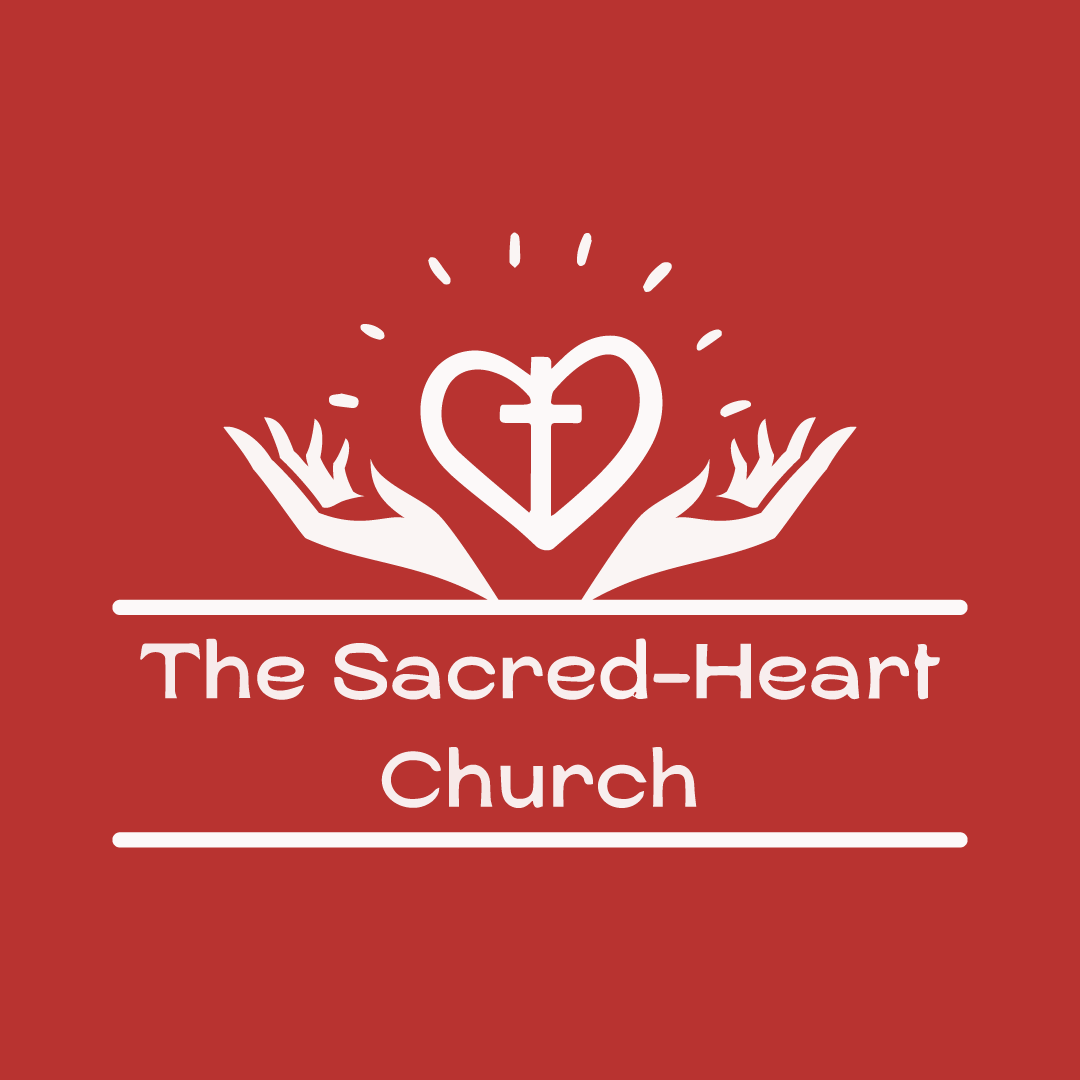For individuals struggling to make ends meet, accessing reliable food pantry services can be a matter of survival. In communities across the country, food banks and pantries play a vital role in providing essential nutrition assistance to those in need. However, navigating the complex landscape of food banks near me, understanding eligibility requirements, and knowing how to access these resources can be overwhelming.

What is Food Pantry Service?
We understand the importance of providing essential services to our community, which is why we offer food pantry services at The Sacred Heart Church.
- A food pantry is a distribution center where individuals and families in need can receive food supplies.
- Our food pantry is supplied with food from local food banks and organizations, allowing us to provide a variety of nutritious items to those who need them most.
- We strive to meet the unique needs of our community by offering flexible hours and personalized assistance to ensure everyone has access to the resources they require.
Types of Food Pantries
There are various types of food pantries, each serving distinct purposes:
- Emergency food pantries provide immediate assistance to individuals facing food insecurity due to unexpected circumstances.
- Soup kitchens offer hot meals to those in need, often in partnership with local restaurants and food establishments.
- Community gardens and urban agriculture projects promote sustainable food systems and provide fresh produce to underserved populations.
How We Serve Our Community
At The Sacred Heart Church, we take pride in our commitment to serving our community through food pantry services:
- We work closely with local social services agencies, schools, and healthcare providers to identify individuals and families in need of food assistance.
- Our volunteers and staff members are trained to provide compassionate and respectful service to everyone who visits our food pantry.
- We strive to maintain a clean, safe, and welcoming environment for all visitors, ensuring they feel valued and supported during their time with us.
Get Involved
If you’re interested in learning more about our food pantry services or would like to get involved, please visit our website at https://thesacredheartchurch.org/ for more information.
Accessing Food Banks in Texas
We understand that accessing food banks in Texas can be a challenging process, especially for those who are struggling financially.
- Purchased food items are available to all residents of Texas, regardless of income level or household size.
- The United States Department of Agriculture (USDA) provides highly regulated food products, which are available to eligible recipients.
- To access these foods, applicants must meet certain income or household guidelines, which vary depending on the location and type of assistance needed.
At The Sacred Heart Church , we believe that everyone deserves access to nutritious food, regardless of their financial situation.
- We partner with local food banks and pantries to provide food assistance to those in need.
- Our team works closely with clients to determine eligibility and provide guidance on the application process.
- We also offer additional resources, such as job training and education programs, to help individuals gain stability and self-sufficiency.
If you’re struggling to access food in Texas, please don’t hesitate to reach out to us for support. We’re here to help.
Eligibility Requirements
To be eligible for food assistance through our program, applicants must:
- Be a resident of Texas
- Meet income or household guidelines, which vary depending on the location and type of assistance needed
- Provide documentation of income and residency
Additional Resources
We also recommend checking out the following resources for additional support:
- Supplemental Nutrition Assistance Program (SNAP)
- Texas Food Bank Network
- Feeding Texas

Get Free Food in Broward Today
We understand that sometimes life can be challenging, and access to basic necessities like food becomes difficult.
- The Area Agency on Aging Broward County provides assistance with food pantries and other essential services.
- The Salvation Army Broward County offers emergency food assistance and other forms of aid.
- Catholic Charities Diocese of Palm Beach operates a food pantry and provides other social services.
- The Lord’s Place offers emergency food assistance and other forms of aid.
Additionally, we recommend checking with local non-profit organizations and churches in the area for potential food assistance programs.
Some popular options include:
- The Sacred Heart Church – We offer a food pantry and other forms of assistance to those in need.
- The Community Food Pantry – A collaborative effort between local churches and organizations to provide food assistance.
- The Food Bank of Broward County – A network of food banks and pantries working together to provide food assistance.
Please note that availability and eligibility may vary depending on the organization and their specific programs.
We encourage you to reach out to these organizations directly to inquire about their current offerings and requirements.
Remember, there are often resources available to help during difficult times.

The Most Requested Item for Food Banks
We understand the importance of supporting our local communities through food donations.
- Canned goods are always in high demand, particularly non-perishable items such as:
- Canned vegetables and fruits
- Canned meats and fish
- Canned soups and broths
- Baby essentials, including:
- Formula
- Diapers
- Baby food
- Pantry staples, including:
- Rice
- Beans
- Oats
- Personal care items, including:
- Toothbrushes
- Toothpaste
- Shampoo and conditioner
When donating to food banks, consider the needs of our community and the types of items that are most requested.
For more information on how to get involved and donate to our food bank efforts, please visit our website .
What We Don’t Want
We appreciate your generosity and willingness to donate to our cause, but there are certain items that we cannot accept due to storage and logistical constraints.
- Perishable items such as produce, dairy products, and meat are difficult to store and often expire before they can be distributed.
- Canned goods that are past their expiration dates or show signs of damage are not safe for consumption and cannot be accepted.
- Bulk donations of clothing, furniture, and household items can be overwhelming and require significant resources to process and distribute.
- Used electronics, appliances, and machinery are often difficult to repair and refurbish, and may not be suitable for distribution to those in need.
- Personal care items such as toiletries, cosmetics, and medications require special handling and storage, and may not be feasible for us to accept.
- Donations of money or gift cards are always appreciated, as they allow us to purchase essential items and supplies in bulk.
Please consider donating non-perishable food items, such as canned goods, pasta, rice, and other staples, which are always in high demand.
We also accept donations of gently used books, toys, and games, which can bring joy and entertainment to those in need.
Thank you for your understanding and cooperation in helping us to provide the most effective support possible to our community.

How Many Times Can You Go to the Food Bank in a Month?
The frequency of visiting a food bank varies depending on several factors, including the policies of the individual food bank and your personal situation.
- The number of times you can visit a food bank in a month typically ranges from once a week to once a month.
- Some food banks may have stricter guidelines, allowing only one visit per month, while others may offer more frequent access.
- Your eligibility for food bank assistance may also depend on your income level, family size, and other factors.
We recommend contacting your local food bank directly to inquire about their specific policies and procedures.
Understanding Food Bank Policies
Each food bank has its own set of rules and regulations governing the frequency of visits.
- Some food banks may require clients to attend orientation sessions or workshops before receiving assistance.
- Others may have specific requirements for documentation, such as proof of income or residency.
- Additionally, some food banks may offer emergency assistance for unexpected situations, such as job loss or medical emergencies.
Conclusion
While the exact number of times you can visit a food bank in a month may vary, understanding the policies and procedures of your local food bank is essential for accessing the assistance you need.

0 Comments